Laser treatment for varicose veins is an advanced, minimally invasive procedure designed to eliminate unsightly and painful varicose veins. Using targeted laser energy, this technique seals the affected veins, restoring both the aesthetics and comfort of your legs. If you’re troubled by varicose veins and seek a swift, effective solution, consult with Heptacare Health’s team of skilled specialists. Book your appointment today for expert care and a customized treatment approach with Heptacare Health.
Happy Patients
Disease
Hospitals
Cities
Laser treatment for varicose veins, known as endovenous laser therapy (EVLT), offers a minimally invasive option to alleviate the discomfort and appearance of varicose veins. This procedure is typically performed by a vascular surgeon or a specialist in venous disorders.
Under local anaesthesia, a thin laser fibre is inserted into the affected vein, delivering targeted laser energy that heats and seals the vein, causing it to collapse and eventually be absorbed by the body.
The necessity of this treatment arises from its benefits, which include reduced pain, minimal scarring, and a swift recovery period, allowing patients to return to normal activities promptly. The procedure is highly favoured for its effectiveness in improving venous health and overall quality of life.
Laser treatment for varicose veins employs light energy to shrink and close off the unsightly veins, offering patients relief from both the aesthetic concern and the physical discomfort associated with this condition. The primary types include:
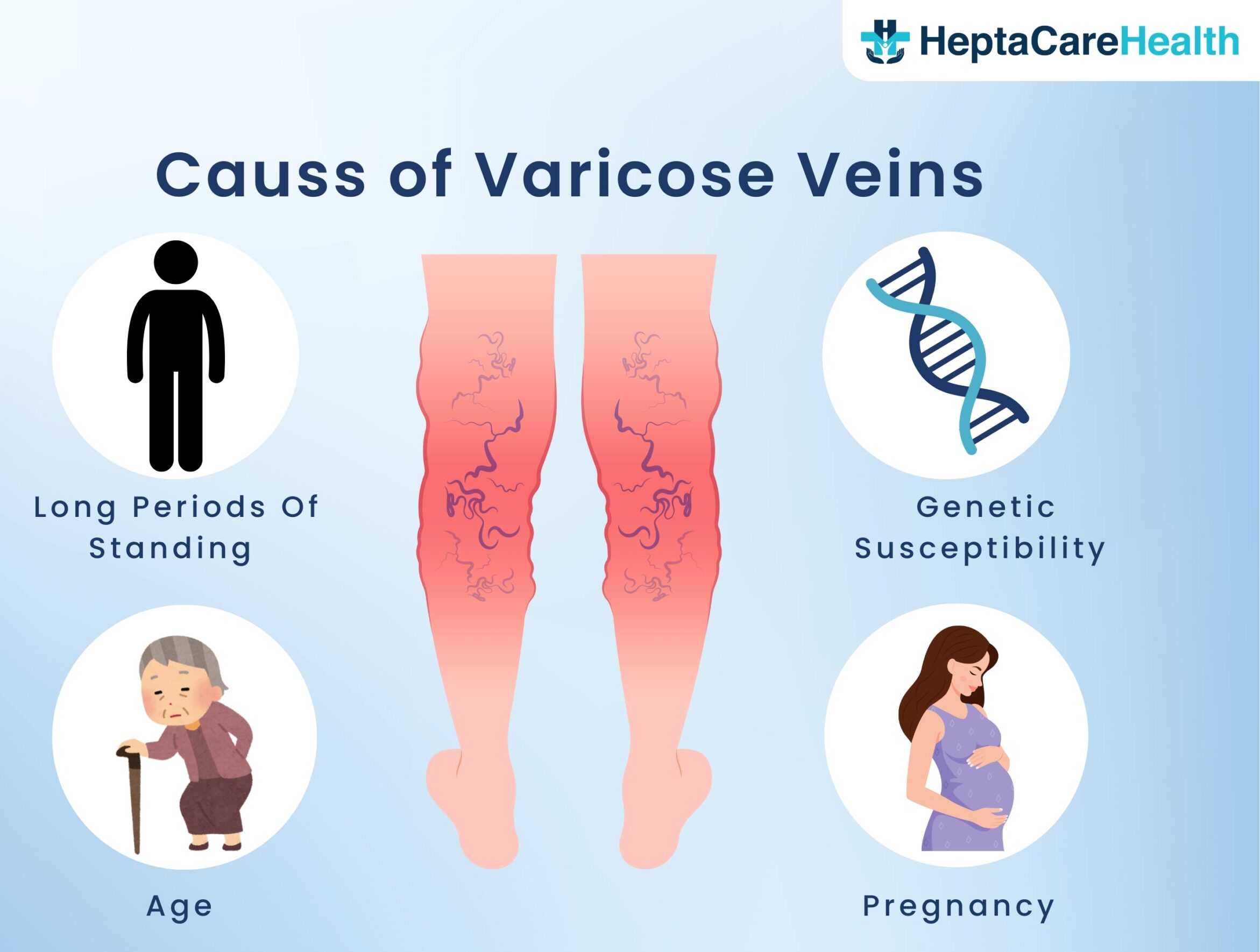
Before undergoing laser treatment for varicose veins, a thorough diagnosis is essential to determine the suitability and scope of treatment. The diagnostic process typically involves:
Each of these diagnostic tools plays an important role in ensuring that the laser treatment is appropriately targeted and executed, enhancing the effectiveness of the procedure and patient outcomes.
The procedure involves a series of steps aimed at ensuring precision and efficacy. Here is what one can expect:
Laser treatment for varicose veins offers a less invasive alternative to traditional surgery, but it isn’t suitable for everyone. Here’s how to determine if you might be a candidate for this procedure:
By assessing these criteria, a specialist can determine whether laser treatment is an appropriate and effective option for a patient’s varicose veins.
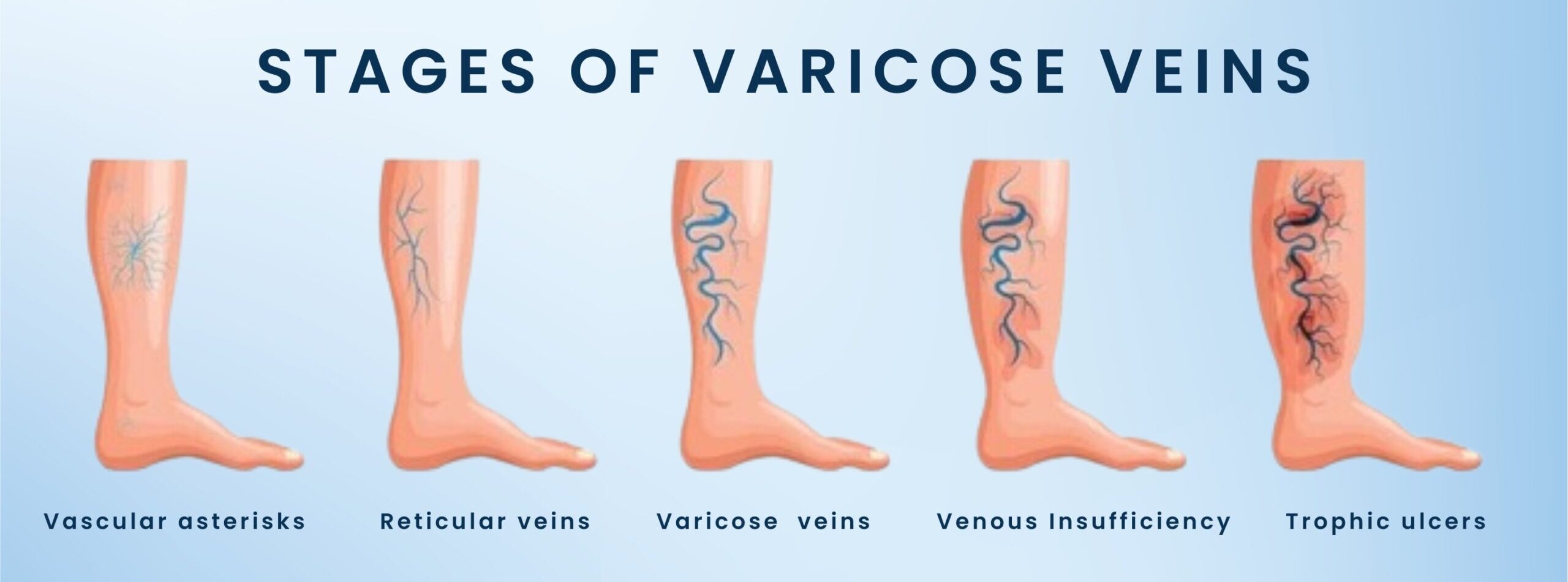
Laser treatment for varicose veins is recognized as a highly effective method for alleviating the symptoms and aesthetic concerns associated with varicose veins. The benefits of this surgical procedure are numerous and significant:
Preparing for laser treatment for varicose veins involves several important steps to ensure the best outcomes and minimise any risks. Here’s how to prepare:
Recovery from laser treatment for varicose veins is generally straightforward, but proper care is essential for optimal healing. Here’s what to expect and several key recovery tips:
By adhering to these recovery tips and precautions, patients can ensure a smoother and more effective healing process after laser treatment for varicose veins.
While laser treatment for varicose veins is generally safe and effective, like any medical procedure, it does carry potential risks and complications. Understanding these risks is crucial for anyone considering this treatment:
It is important to discuss these risks with a varicose veins specialist to fully understand the potential outcomes of the procedure.
The varicose veins treatment cost in India can vary significantly depending on several factors. Factors affecting the cost include:
Specialist’s experience: More experienced specialists may charge a higher fee for their expertise.
Coverage for laser treatment for varicose veins under insurance in India largely depends on whether the procedure is deemed medically necessary. Most health insurance policies cover the treatment if it is required to alleviate painful symptoms or prevent further health complications. Cosmetic treatment, however, is usually not covered. Patients should consult their insurance provider to understand the specifics of their coverage and any potential out-of-pocket costs.
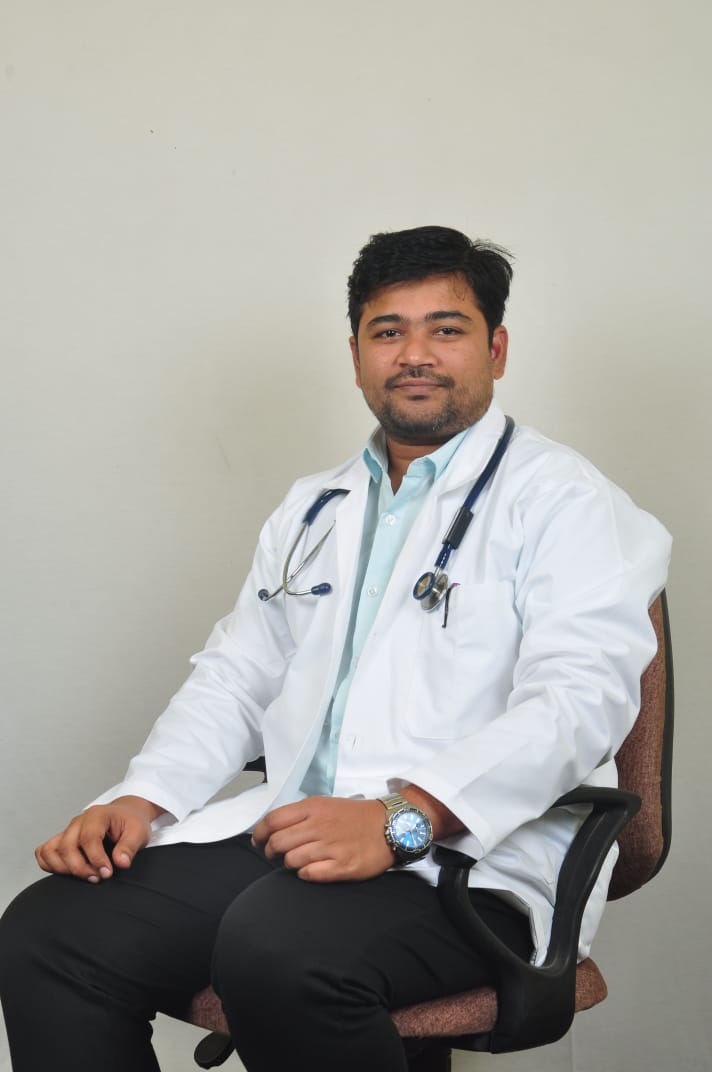

Based on 7721 Recommendations | Rated 4.68 Out of 5
Happy Patients
Clinics
Cities
Surgeries
Doctors
Hospitals
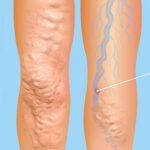
Heal painful anal fissures with advanced, non-surgical care.
Quick relief, minimal downtime, expert proctology support…
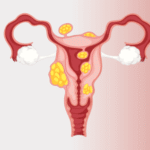
Treat anal fistula with safe, advanced procedures.
Minimally invasive care with faster recovery.

A varicocele is an enlargement of the veins within the scrotum, similar to varicose veins, often causing pain or fertility issues.
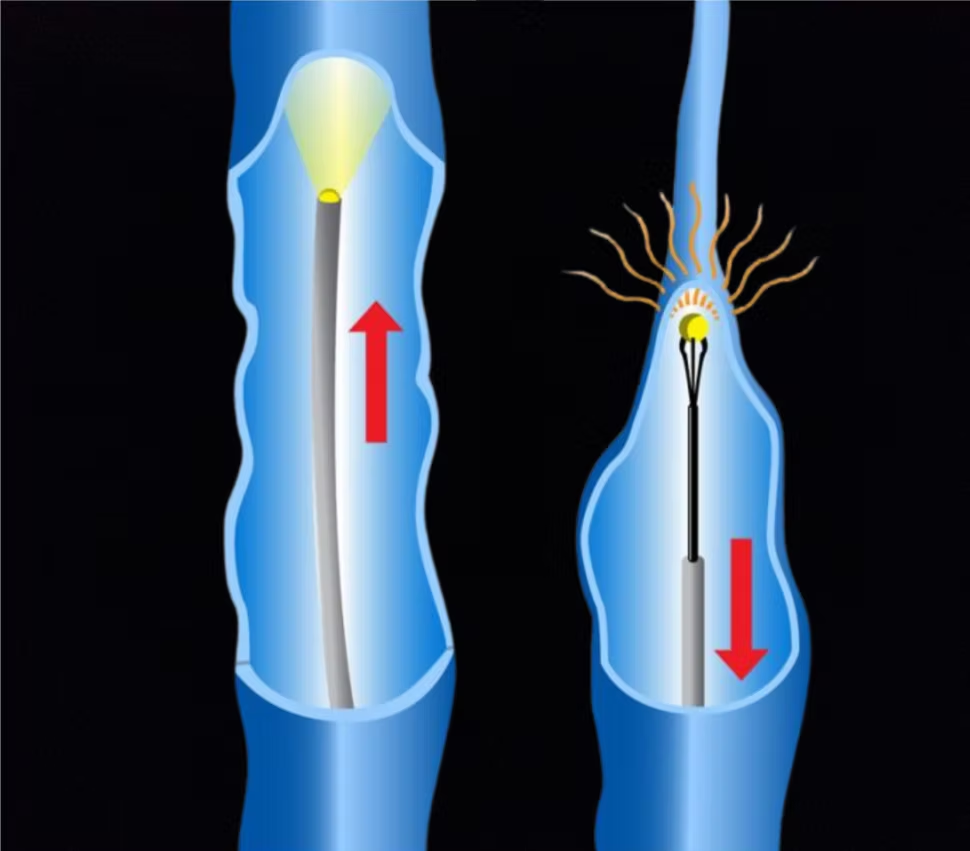
Get relief from painful proctology with advanced laser treatment.
Minimally invasive, no stitches, same-day discharge…
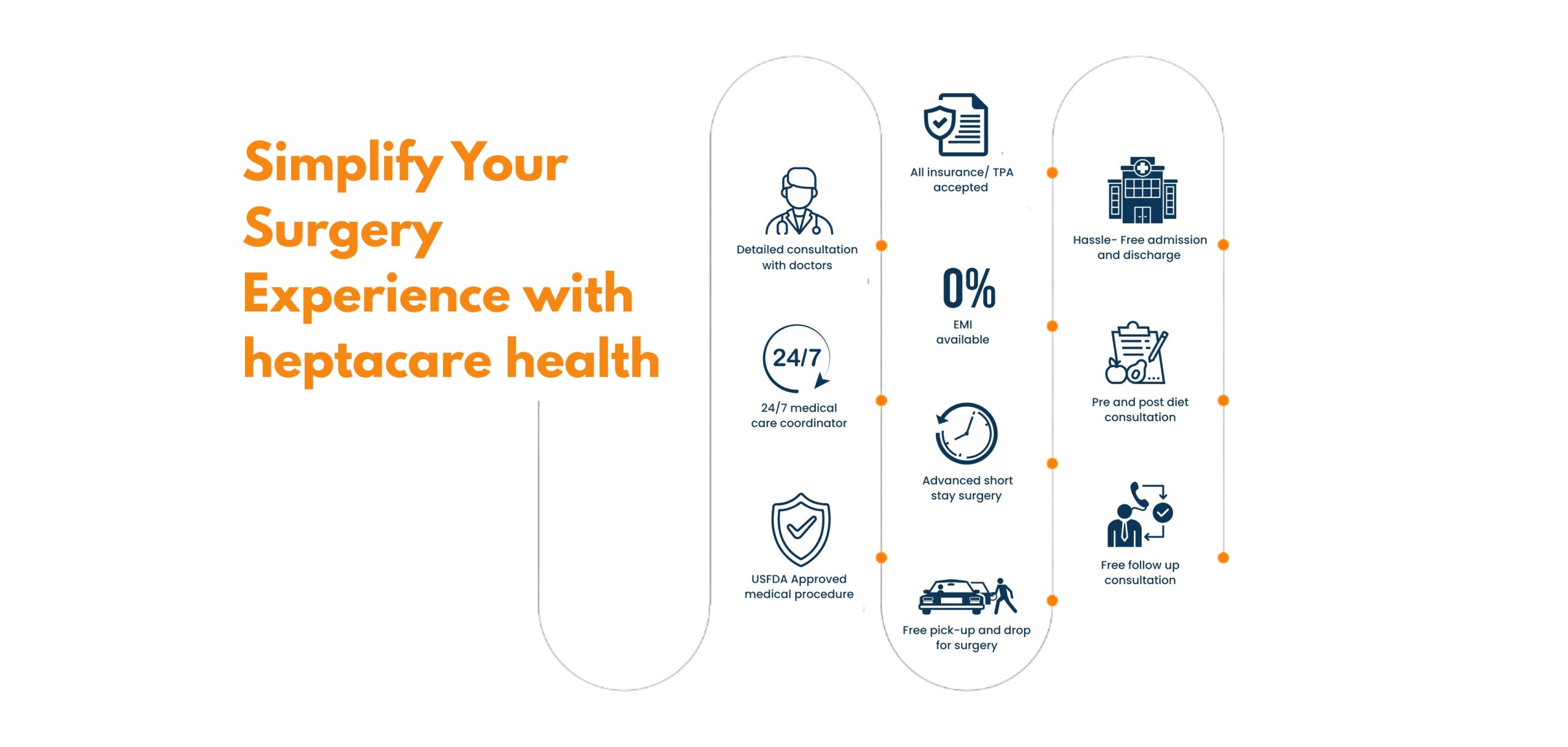
Treatments include lifestyle changes, compression stockings, laser therapy, sclerotherapy, and minimally invasive surgeries like laser or radiofrequency ablation.
With advanced laser or radiofrequency treatments, recurrence is very low, but maintaining a healthy lifestyle helps prevent new varicose veins from forming.
If you have severe pain, swelling, skin changes, bleeding veins, or ulcers, your doctor may recommend surgical or laser treatment for long-term relief.
Yes, laser treatment is a safe, minimally invasive procedure with quick recovery, less pain, and lower chances of recurrence compared to traditional surgery.
varicose veins laser surgery cost in Vizag ● low-cost varicose veins surgery in Hyderabad ● cashless varicose veins treatment near me ● painless varicose veins surgery in Vijayawada ● varicose veins treatment with insurance in Vizag ● varicose veins removal surgery cost in Hyderabad ● varicose veins operation packages in Vijayawada ● affordable varicose veins treatment near me ● varicose veins laser treatment clinic in Hyderabad ● varicose veins doctor consultation charges in Vizag ● best varicose veins surgery cost in Vijayawada ● varicose veins treatment hospital near me ● varicose veins laser operation price in Hyderabad ● low-cost varicose veins laser treatment in Vizag ● varicose veins removal cost near me ● varicose veins treatment with EMI in Vijayawada ● varicose veins surgery specialist near me ● varicose veins surgery packages in Hyderabad ● varicose veins treatment clinic near me ● varicose veins laser surgery near me
Disclaimer: **The result and experience may vary from patient to patient.. ***By submitting the form or calling, you agree to receive important updates and marketing communications.
Getting an accurate diagnosis can be one of the most impactful experiences that you can have.

cure with care
Copyright © 2025. All rights reserved.
Consult with our expert surgeon for more than 50+ diseases
Happy Patients
Hospitals
Cities